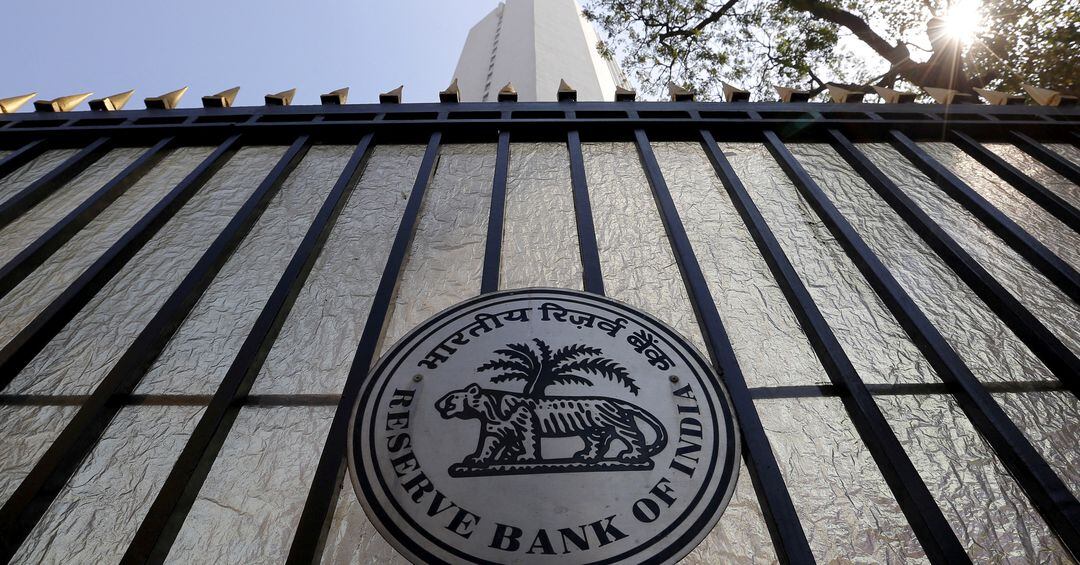Federal Reserve’s New Oversight Program
The U.S. Federal Reserve has launched a new program aimed at overseeing cryptocurrency activities within American banks. This initiative seeks to provide clearer regulatory guidelines and ensure that banks engaging with digital assets comply with federal standards. The move highlights the increasing scrutiny of the crypto sector by federal authorities, aiming to prevent financial risks associated with unregulated crypto activities.
SEC’s New Definition of “Dealer”
The U.S. Securities and Exchange Commission (SEC) has introduced new rules that redefine what constitutes a “dealer” and a “government securities dealer” in the context of decentralized finance (DeFi). These rules, which were first proposed in 2022 and adopted earlier this year, require more crypto market participants to register and comply with federal securities laws. However, these changes have been met with significant criticism from the crypto community, with many experts predicting legal challenges to the new regulations.
State-Level Regulatory Developments
At the state level, New York continues to be a significant player in crypto regulation with the proposed Crypto Regulation, Protection, Transparency, and Oversight (CRPTO) Act. Although the bill did not pass in the last legislative session, it is expected to be revisited in 2024. This legislation aims to impose stricter regulations on digital assets, which could significantly impact the industry if enacted.
Similarly, New Jersey’s Attorney General is pushing for legislation that would place crypto regulation under the state’s Department of Law and Public Safety. Meanwhile, Louisiana is anticipated to modify its digital asset regulations, which were established in 2022, with new provisions expected to address the evolving landscape of virtual currencies.
These developments indicate a trend where individual states are taking the lead in shaping the regulatory framework for cryptocurrencies in the U.S., often introducing stricter controls than federal authorities.
Conclusion
The regulatory landscape for cryptocurrencies is rapidly evolving, with significant actions being taken both at the federal and state levels. As the industry continues to grow, so does the need for comprehensive and clear regulations to ensure market stability and protect investors.











